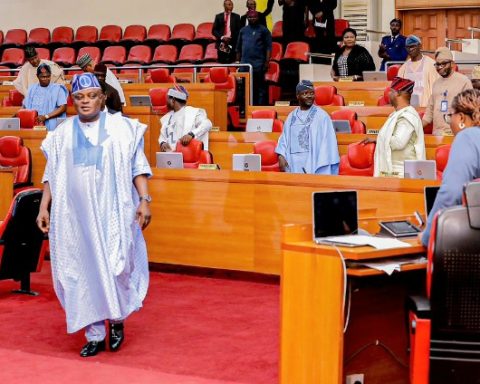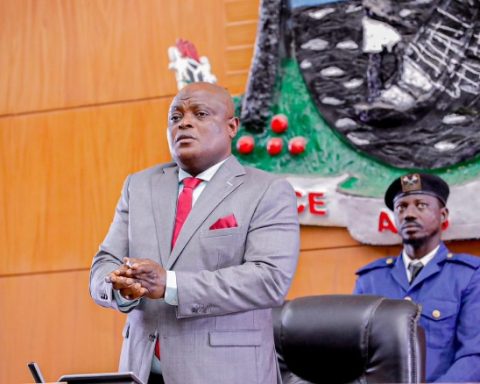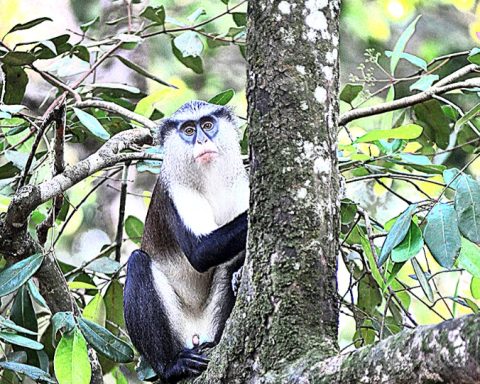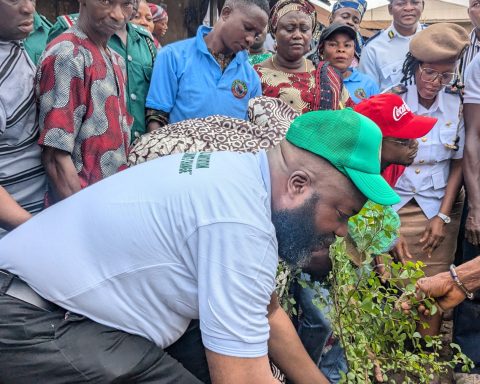… Says Tourism Icon, Otunba Wanle Akinboboye
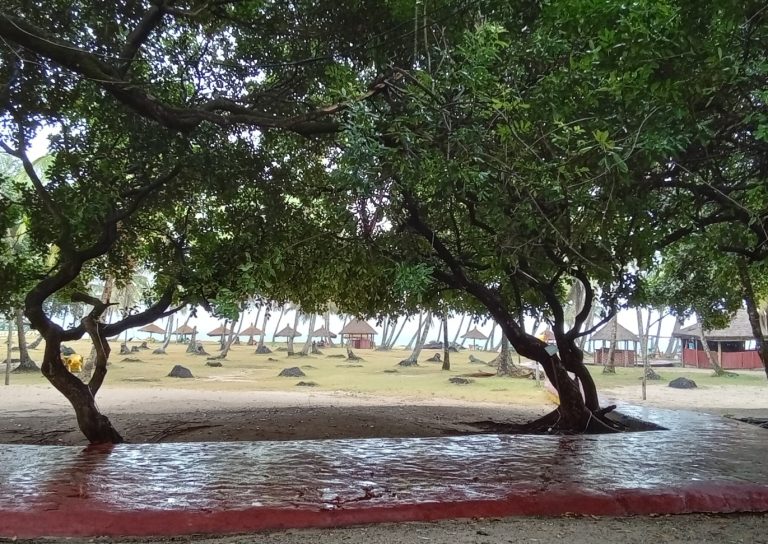
Otunba Wanle Akinboboye this week, speaks about a tourism product that would not just provide economic benefits, but will also simultaneously contribute towards maintaining the world’s eco – system and countering global warming, with all its negative implications.
This week’s product he says, leverages off something that occurs naturally but which for various reasons is rapidly reducing in quantity. He laughingly revealed that he is referring to ‘trees’ which contribute to the environment by providing oxygen, improving air quality, reducing the effect of climate change, conserving water, preserving soil, and supporting wildlife. In particular, during photosynthesis, trees take in carbon dioxide and produce the oxygen humans need to breathe.
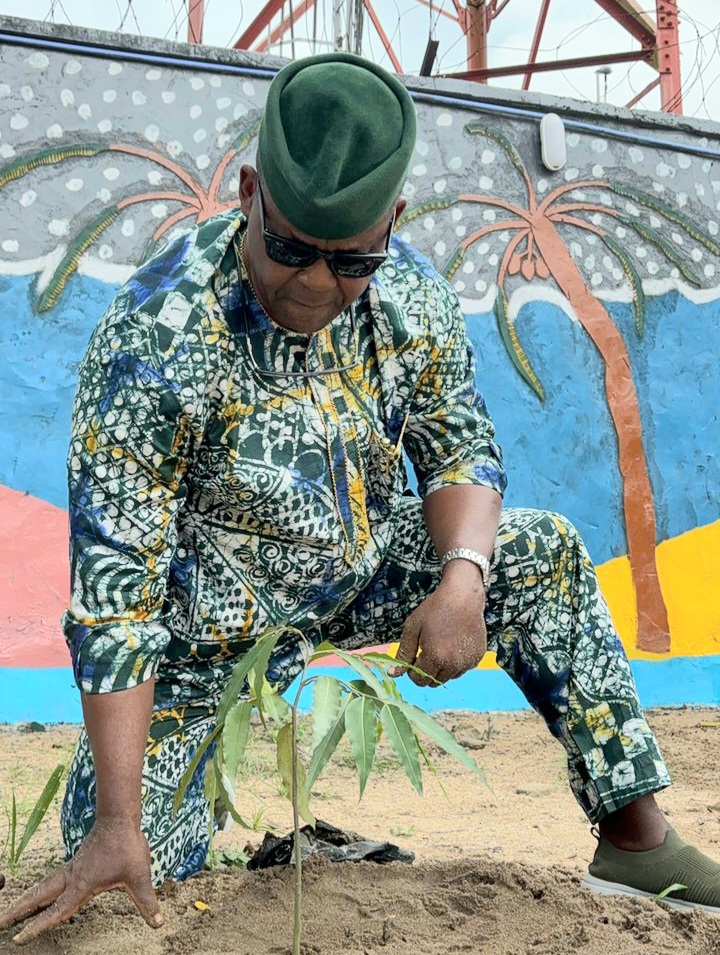
He observed that Africa contains about 15 per cent of the world’s remaining forests and is second only to South America (which has 20% of the world’s forests) in the amount of dense tropical forests that are the most effective in removing carbon from the atmosphere.
Unfortunately, the activities of humans have led to significant de- forestation, which is a term that is used to describe the decrease in forest areas across the world that are lost for other uses such as agricultural croplands, urbanization, or mining activities.
According to the United Nations, Nigeria has the highest deforestation rate in the world, with an estimated 3.7% of its forests lost every year. This suggests that, at the current run rate, in less than 30 years there will be no forests in Nigeria, which will give rise to an environmental nightmare for Nigerians.
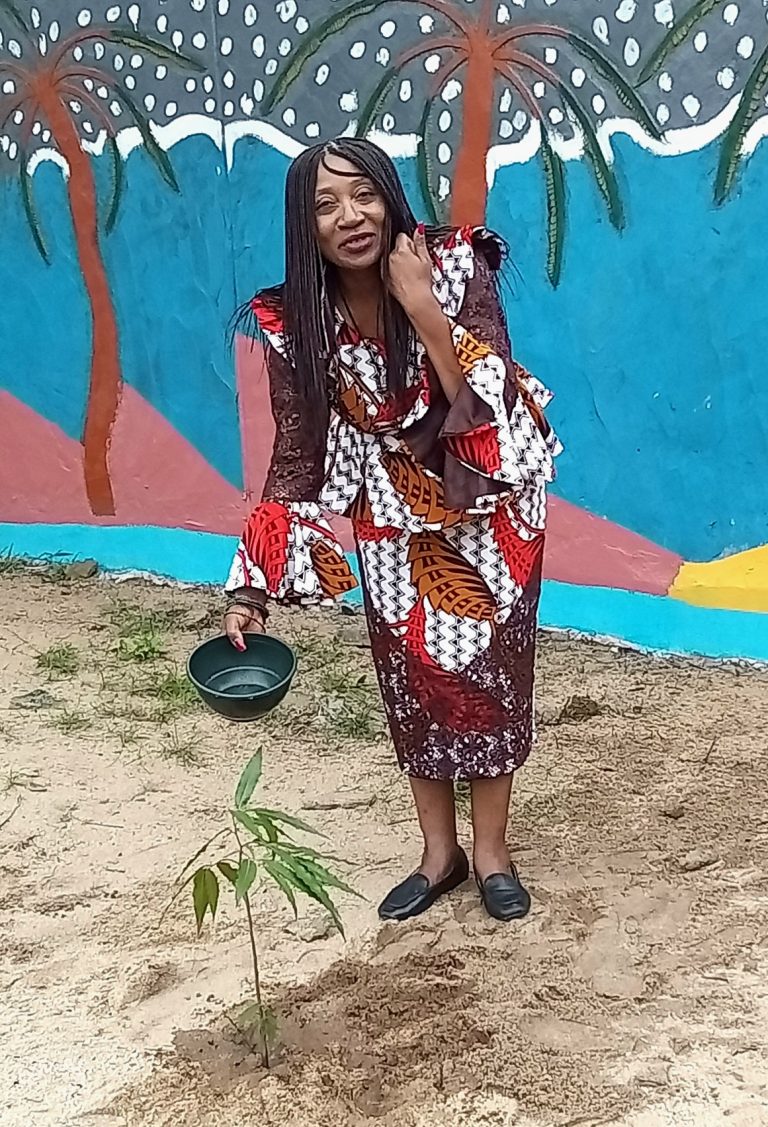
Otunba Akinboboye said he was aware that the Nigerian government was taking certain measures to try and replace the forests that had been destroyed. The national afforestation programme has successfully forested 6,191,363 hectares of land through the green bond project. However, afforestation faces challenges in those parts of Nigeria where insecurity makes it difficult to enter the forest to plant trees to replace those that have been destroyed.
A tree planting campaign was also launched in fulfillment of President Buhari’s pledge to plant 25 million trees in Nigeria as part of the country’s efforts to implement the Paris climate change agreement.

Otunba Akinboboye is of the view that Nigeria could use these tree planting initiatives to create an eco – tourism product that could be sold to the world .
It is with this in mind that he created the ‘Ipada Tree Planting Initiative’ which is an offshoot of and designed to leverage off the Ipada Initiative’ . As he mentioned some weeks ago, ‘ Ipada’ or ‘ the Return’ had been created to facilitate the return to Africa, for tourism and business purposes, of millions of persons of African descent. The initiative has, as a focus, those whose ancestors were taken away from the continent during the trans – Atlantic slave trade and who now resides in the Americas and the Carribbean..
Under the Ipada Tree Planting Initiative’ tourists ‘returning’ to Africa via the Ipada initiative would be given the opportunity to plant a tree on African soil as a way of anchoring their family roots in Africa. Persons subscribing to this product would pay for the cost of a tree sapling, which they would plant themselves in a designated spot, with the tree marked by a plaque to commemorate the fact that the individual planted it on behalf of his family and ancestors. The fee paid would also cover the cost of maintaining the tree to maturity. This would generate jobs for those involved in the process of raising tree saplings to maturity.
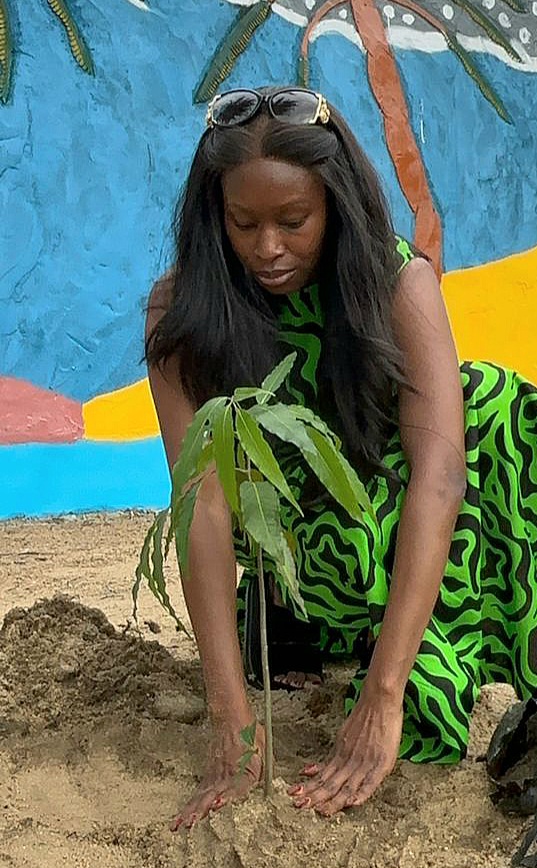
Otunba Akinboboye noted that in one year, a mature tree will absorb more than 48 pounds of carbon dioxide from the atmosphere and release oxygen in exchange. Consequently, even without creating a forest and by planting trees in urban areas and throughout Nigeria, the environment would be impacted positively.
He noted that the Ipada initiative was focused on bringing 5 million international tourists to Nigeria, If all of these tourists buy into the tree planting initiative and plant a tree, it would fulfill one – fifth of the tree pledge made by President Buhari, while the trees planted compliments the initiative and would absorb 240 million pounds or 109 million kg of carbon a year.

Otunba Akinboboye then noted that this product does not have to target international tourists only, as domestic tourists could also participate in tree planting initiatives, if it is packaged in a way that attracts those interested in becoming Eco Warriors and working on saving our planet from the negative effects of climate change .
He then noted that Gen Z or Zoomers, who are those born between 1997 and 2012, are known for their deep concern for environmental issues and proactive approach toward sustainability. They therefore provide a target market for tourism entrepreneurs, who could offer holiday packages to local and foreign tourists that are weaved around planting trees while enjoying the natural and cultural attractions Nigeria has to offer.
Otunba Akinboboye also mentioned that tree planting has been developed into a tourism product in Kenya and also in the United States. By introducing tree planting as a tourism product, Nigeria will be able to tap into the worldwide global ecotourism industry which in 2022 was estimated to generate US $ 172.4 billion per annum.
Otunba Akinboboye said he hopes that, by highlighting the potentials of this product, he would be able to generate the interest of young tourism entrepreneurs in putting together tourism products that involves planting trees.



